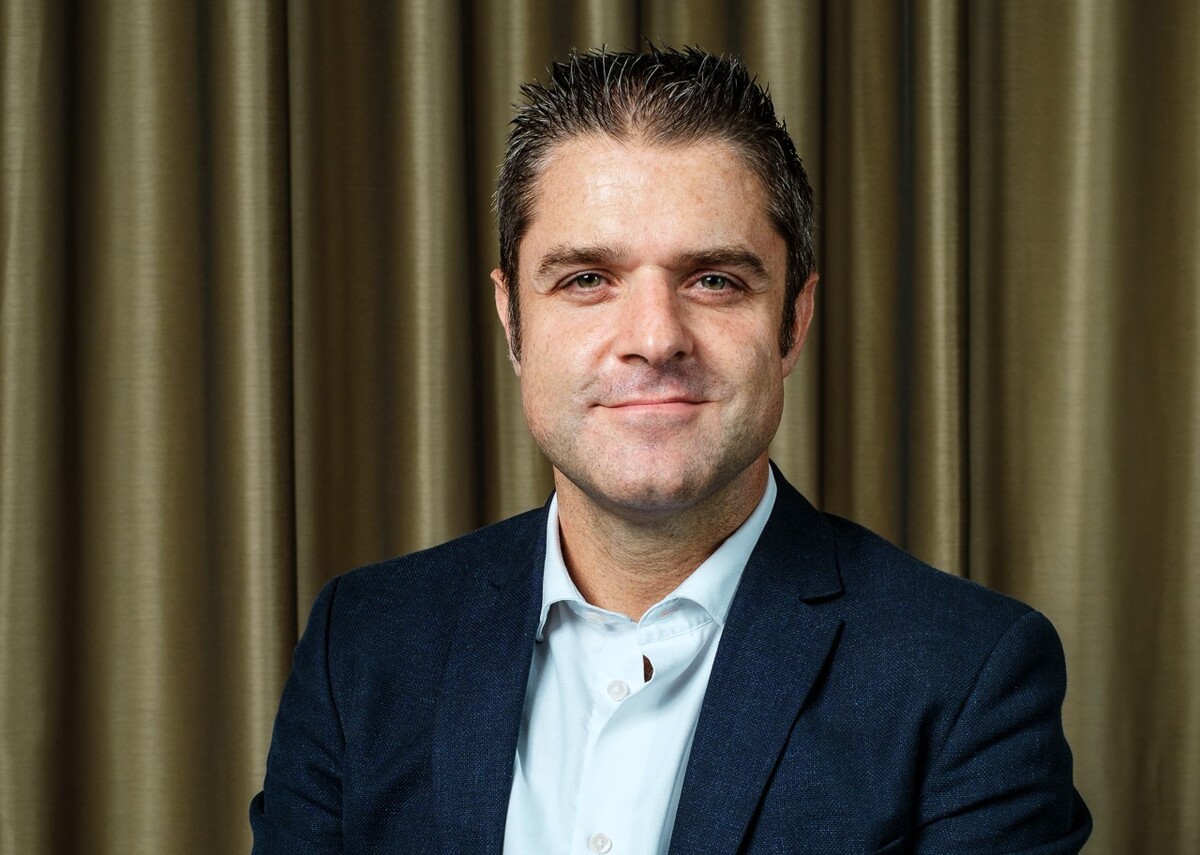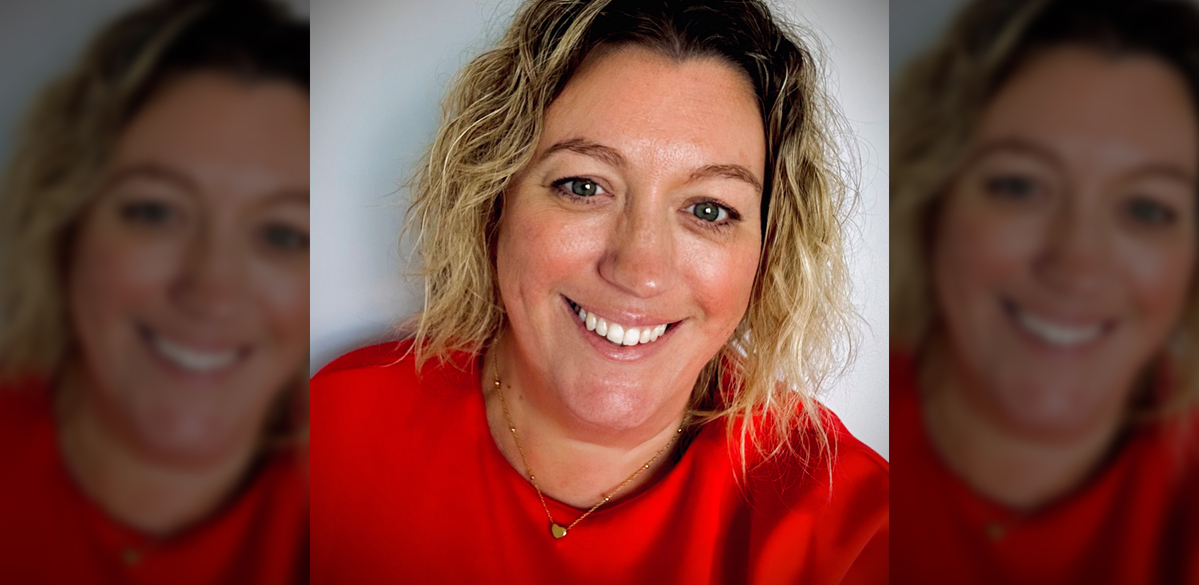Rob Atkinson on taking on the insurers
After insurers turned down business interruption claims for Black and White Hospitality, in-house lawyer Rob Atkinson decided he could not ‘accept the unacceptable’. He speaks to Emma Lake about enlisting lawyers and launching a crowdfunding campaign, backed by UKHospitality, to offer all operators an affordable means to fight back
How early did you become aware of the scale of the claims being turned down?
Like most people we came back into the office on the Monday after Boris had told us to close, thinking, “This is unfortunate, but we’ve got business interruption insurance and these are exactly the sort of circumstances where we’d expect it to kick in”.
Most people, like us, will have spoken to their broker and after two or three days, brokers came back and for various reasons said, “Sorry, you’re not covered”. Some of the reasons given were pathetic. We have a number of policies over restaurants and hotels, and one in particular said if you are denied access to the site by reason of a decision of a statutory body, which the government would be, then you’re covered. But they came back and said, “No, you’re not covered, as we never intended that to cover something like this.”
I then read about Thomas Keller challenging his insurers, which got me thinking. I got in touch with Fenchurch Law and asked if there would be scope to bring something similar. I sent them our policies and their response was: “Yes, we think you have a case. We don’t understand why you’re being turned down.” That was towards the end of March and, at that time, individual businesses and restaurants were instructing law firms to take up cases individually, so momentum was beginning to build. There was also a momentum for the industry to come together and help each other.
How did the campaign develop out of this?
As well as your big players, there are thousands of independents who might not have the legal resources to challenge insurers, so this idea of crowdfunding the legal costs and getting us together as an industry emerged.
I looked at the crowdfunding pages out there, and some are better than others and some are more reputable. The great thing about CrowdJustice is that it is specifically for legal costs and it’s regulated, so there are very strict rules about how you raise money and what you can do with it.
I thought the campaign would have a lot more gravitas if UKHospitality would come on board, so I got in touch with [chief executive] Kate Nicholls and we had a chat. UKHospitality had wanted to do something, sensing the momentum building, but its priority at that point had been lobbying the government on other things, such as furlough, so it was happy to join us.
Do you think collective action such as this has a better chance of success?
There are two ways this campaign could have an impact. One is that as an industry, or as groups from within the industry, we must go to court and bring test cases and, without question, if we need to do that, there’s strength in numbers. The other is as a show of solidarity, force and camaraderie in the hospitality industry that we aren’t willing to take this lying down and accept the unacceptable and that we as an industry will fight it. There will be discussions ongoing between the government and the insurance industry at a high level, so we hope that will put a lot more pressure on. Let’s face it, if insurers don’t deal with this properly and in a moral way, they risk coming out of this with a really bad name, just as the bankers did with the financial crisis.
It’s a show of solidarity, force and camaraderie in the hospitality industry that we aren’t willing to take this lying down and accept the unacceptable
What has the response from the hospitality industry to the campaign been like?
It’s been great, in terms of that spirit of camaraderie. Some of the comments I’ve had on the crowdfunding page really show how let down people feel and underline why we’re doing this, particularly those from the independents who felt they could not take on the insurers on their own.
What are the next steps now the crowdfunding campaign’s initial £20,000 target has been reached?
Everyone that has pledged money is now uploading all their policies and any correspondence they’ve had with their insurers, which will then be collated and reviewed by our lawyers.
The purpose of that is to sort the policies into categories; even though there might be 200, 300, 400 or more policies, there will probably be half a dozen categories of wording in covers.
Some will have clauses around denial of access and some around notifiable diseases; by sorting them into categories we will be able to advise from that. That advice may be “Sorry, it’s not a great policy and we don’t think you’ll have cover”, or at the other end, “You should clearly be covered and should have already been paid”, as well as everything in the middle.
The vast majority will be in the middle and it might be that we think you should be covered, but the policy is open to interpretation. That’s where we look to the Financial Conduct Authority (FCA) to bring test cases around those points of interpretation. What are the time scales for these next steps?
That initial analysis is happening now and should be completed by the end of May. The prudent thing to do then is to look to the FCA action [earlier this month the FCA said it would seek a court declaration to resolve uncertainty around whether businesses can claim]. It would be pointless us spending more money on law firms to start bringing action when the FCA are doing that; they will get to court quicker and they will foot the costs.
The FCA test cases may not cover all the issues we need to explore and we may need to bring cases in other areas, but it is talking to our lawyers and to industry bodies about the issues that are under contention, so you would hope the vast majority of ambiguities are going to be covered. Those cases will provide the basis to go back to insurers and determine where we go. What do you think of the response so far from the insurance industry?
Personally, I think it’s shameful. When people pay a premium for business interruption cover, they expect to be covered when their business is interrupted, it’s as simple as that. For insurance companies to start looking at their terms and conditions and, in some instances, interpret them in a ridiculous way, it is just not in the spirit of what’s happening. Everyone has come together in this crisis, the programme of government aid has been unprecedented and frankly the only sector doing very little is the insurance sector.
Are you finding insurers are open to a dialogue?
Our sense at the minute is that initially businesses are receiving a flat no and then going back and either asking for more reasons or specifically notifying a claim, to which they have to formally respond. Most businesses are at that stage now and are just being stonewalled by their insurers.
The insurance sector is clearly working out among themselves how to deal with this and, I would have thought, having discussions at government level around support that could be offered there.
The insurers are saying if they had to pay out under these policies, it would bankrupt them and bankrupt the sector, which some of us may find difficult to believe, I suspect.
Would you have expected a bit more government intervention at this point?
I would hope that this is coming. I would have liked to see it by now but probably didn’t expect it. I think it’s building though, and I’d be amazed if conversations aren’t taking place.
No one is asking the insurance sector to look on hospitality as a charity case. All we’re asking them to do is actually pay up on the cover people thought they had. What’s your advice to businesses that don’t know where to turn?
My advice would be to join the crowdfunding campaign. It’s run by the hospitality industry for the hospitality industry, rather than being run and managed by a law firm. There are offers out there from law firms for free advice but my guidance around that, having been an in-house lawyer for 20 years and having dealt with lots of law firms, is that there’s no such thing as a free lunch. Law firms offering free advice are doing it for a reason.
With us, for £200 you can submit your insurance policy, get the analysis and be assured that I’ll make sure that everybody who is part of our campaign is treated fairly and gets the treatment they deserve under their policy.
Are you confident that we will see at least some policies paid out?
Yes, absolutely. Some policyholders that are currently being told their policies do not extend to cover this will be paid out. I’m quite confident of that. But similarly, we’ve been clear from the start that there will be some policies worded very narrowly that will not in any circumstances pay out.
How the campaign works
The crowdfunding campaign is asking for businesses to pledge £200 to join the action, as well as accepting donations, and has already raised more than £20,000.
With the initial target reached, a three-phase plan to support hospitality businesses who have had claims rejected is under way.
Phase one will be a review of policies and insurers’ reasons for declining claims, followed by the preparation of advice on coverage under each category of policy.
Phase two, informed in part by the FCA test cases, will focus on pre-action representation with formal letters being sent to insurers setting out the position on coverage. Their responses will then be reviewed and reported with settlement, in principle, being attempted.
If phase two fails to bring immediate results, phase three will be implemented in the form of litigation.
Best Western and Vine Hotels were among the first to join the effort, along with many independent businesses, including restaurants, venues and accommodation providers, as well as the Night Time Industries Association and Oxsana Hospitality.
All funds received are held by CrowdJustice to fund legal costs, with any money remaining to be donated to charity.
Aaron Le Marquer, partner, Fenchurch Law
Many policies will cover the holder only where there has been damage to their property – that’s the primary coverage for business interruption losses. People with only this cover will struggle to establish a claim.
The main points we are really focusing on are extensions where insurers provide cover for losses where there has not been damage.
Some policyholders will have infectious disease cover, for loss of profits if they have to close down because of either an outbreak of a certain type of disease on their premises or within a certain radius. Some policies will provide a list of diseases that are covered, none of which will list Covid-19, and other policies will say ‘any notifiable disease’, which Covid-19 now is.
The other form of extension is a public authority extension, providing cover if a public authority tells not to use your property for any particular purpose.
The arguments being put forward by the insurers are around causation, so they would say that even if hospitality businesses had not been ordered to close by the government, the government has told all your customers to stay at home – so the lockdown is the real cause of your losses.
If you have notifiable disease cover, the insurers will argue the outbreak is not what has caused the loss here: it’s the government ordering you to shut down. Depending on what area we are looking at, the insurers will argue it in different ways.
We think there are good, arguable cases to be made in respect of a lot of these policies and I would be very surprised if the FCA action did not result in some benefit to policyholders.




















